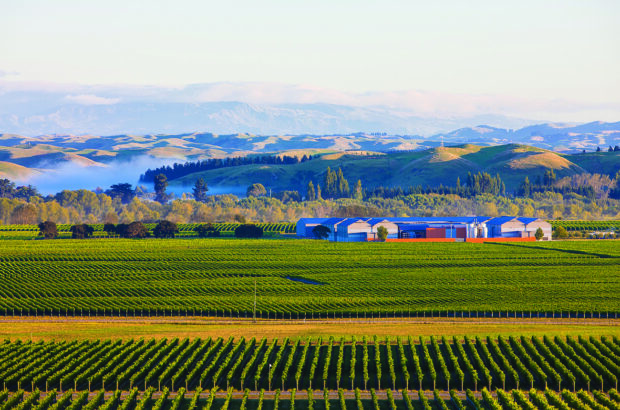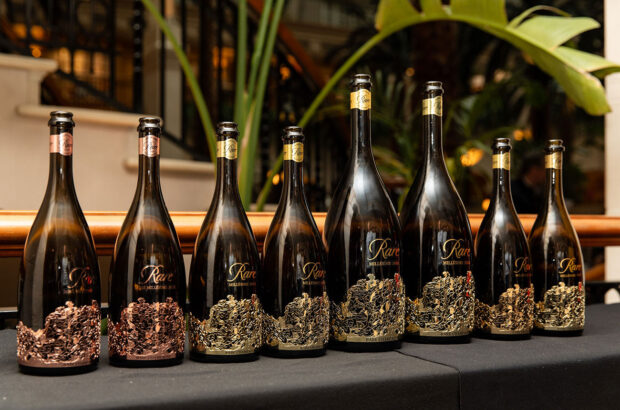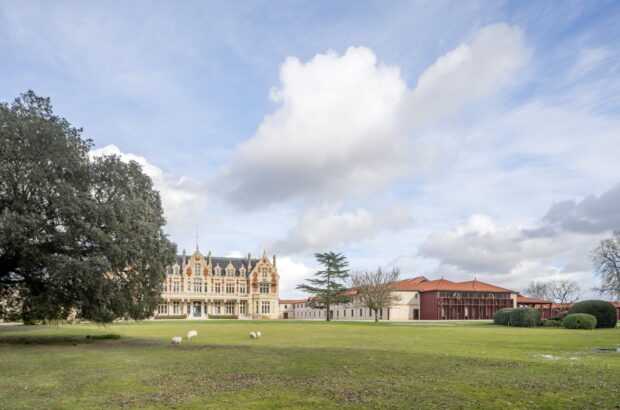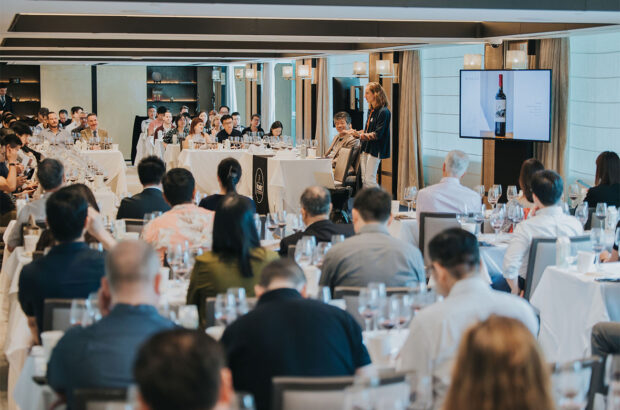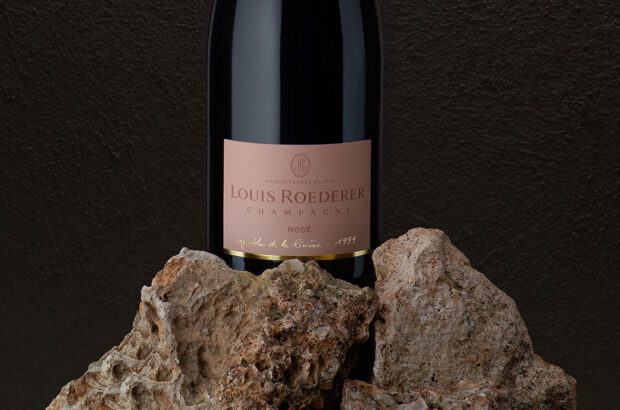Annual domestic gas bills in the UK threaten to rival, in craziness, the price of a box of Bordeaux first growths. Those energy costs have sent the price of almost everything else ripping up after them. Is there, um, anything to be said for cheap wine?
There is. First, though, we must sip the bitter harvest of alcohol taxes. These are high in the UK and higher still in Scandinavia, Australia, New Zealand and India; they tend to vary by state in the US and by province in Canada, and in general they favour domestically produced wine (where available) over imported wine.
But alcohol taxes all penalise cheap wine. Why? The lower the price, the higher the proportion of tax paid. In a high-tax regime, the price of a bottle of ‘cheap’ wine is almost all tax. The wine itself will cost next to nothing – and will taste like it. Governments grab pounds on wines that cost pennies. Whereas in France, for example, the relatively modest levels of alcohol taxation mean that I can happily live for a year on wines bought from supermarkets for €6 or less per bottle, and enjoy both diversity and quality.
In a high-tax regime, it’s best to look just beyond ‘cheap’ into ‘inexpensive’, if possible. Judge your retailer on the results – since there are good ways and bad ways to source such wines. A poor retailer strategy is to cut back on the number of wine categories offered, and then to source the cheapest entry point into every major retained category. This is bottom feeding, and it rarely tastes good. Nor are you likely to find much joy from hastily created, ultra-low-price entry points into big brand families: a recipe for drinking boredom.
A much better retailing strategy is to cast the net wider, away from familiar names, seeking out unfamiliar sources where producers are looking to expand and build reputations. Strong retailers should be able to carry their consumers with them into zones of unfamiliarity – especially where climate change is helping to enhance rather than compromise quality. I’ve experimented with purchases of Gros Plant du Pays Nantais (a Loire regional AP) this year, for example, and often been impressed with the results – at less than €5 a bottle locally. The old rawness of flavour has gone, and these white wines often now have mouthwatering soprano poise. The Loire, southwest France and the southern Rhône are all full of hidden surprises of this sort, and skilled company buyers should be able to adopt similar strategies for most European countries. It’s a moment to embrace the unknown.
But there’s a philosophical adjustment to be made, too. Drinking cheap wine, dear readers, need not be a cheap experience. The cost of most wine, remember, is based on land prices and market renown. And the cost price of expensive wines is a tiny percentage of their bottle price – which is why billionaires fight like ferrets to get hold of grands crus. They are cash machines.
Yet small producers of inexpensive wines often ‘try as hard’ as those producing much more expensive wines; the sincerity of the endeavour is identical. In every case, a wine is a year’s work. Most are a true and faithful reflection of a variety, a site, a season and local traditions.
I’ve been relishing bottles of well-made Gros Plant as much as I would had they been well-made Meursault, and of inexpensive Madiran as much as Médoc; possibly even more, since inexpensive versions are rarely too oaky. They’re different, of course, but both are delicious. Whether or not we value one sort of deliciousness over another is often a matter of custom and familiarity. We can all enjoy having our horizons expanded. It’s wine itself, splendid in its tunic of diversity, which brings comfort and joy.
Par le gosier de l’homme il chante ses exploits Et règne par ses dons ainsi que les vrais rois.
‘In men’s throats [wine] sings its exploits/And reigns by its gifts as true kings do.’ The 19th-century French poet Charles Baudelaire was writing about ‘ragpicker’s wine’ – the cheapest wine of all. But he wasn’t wrong.
In my glass this month
A modest treat for a hyper-inflationary Christmas? I’ve been exploring Moulin-à-Vent wines recently, and much enjoyed the 2019 versions from Richard Rottiers (sappy purity) and the Domaine de Rochegrès of Albert Bichot (black fruits and athletic depths). For sheer up-and-down deliciousness, though, it was Franck Bessone’s Domaine du Granit, Tradition 2019 (£23.60 Shekleton Wines) which most seduced, with its floral scents, stony acids and firm tannins, splashing energetically about the glass









